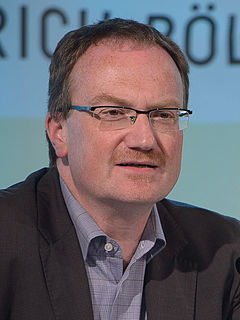A Quote by Michael Spence
Properly targeted public investment can do much to boost economic performance, generating aggregate demand quickly, fueling productivity growth by improving human capital, encouraging technological innovation, and spurring private-sector investment by increasing returns.
Related Quotes
The impact of QE on generating more lending by Wall Street to Main Street and in generating more employment and increasing overall investment in the economy is quite modest. QE probably limited the initial collapse of the economy in 2008, and likely had a very small positive impact on economic growth, but its broader impact on jobs and growth in the economy seems not very big.




































